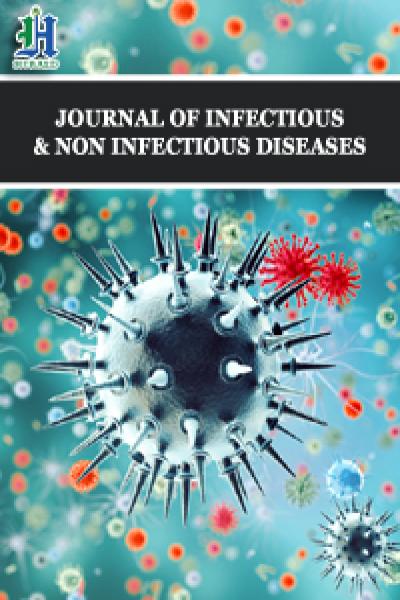
Epidemiology
Epidemiology is the scientific study of the distribution, patterns, and determinants of health and disease conditions in defined populations. It plays a central role in public health by identifying risk factors for disease and targets for preventive healthcare. Epidemiologists investigate how diseases spread, who is at risk, and how they can be controlled or prevented. This includes both infectious diseases, such as COVID-19 and influenza, and non-infectious conditions like cancer, diabetes, and cardiovascular diseases. Core methods in epidemiology involve data collection, statistical analysis, and observational studies to understand health trends and outcomes.
Key concepts include incidence, prevalence, morbidity, mortality, and causation. The findings from epidemiological studies guide policy-making, healthcare planning, and health education strategies. By understanding disease dynamics at the population level, epidemiology provides the evidence base necessary to develop effective interventions, allocate resources efficiently, and improve overall community health outcomes.

